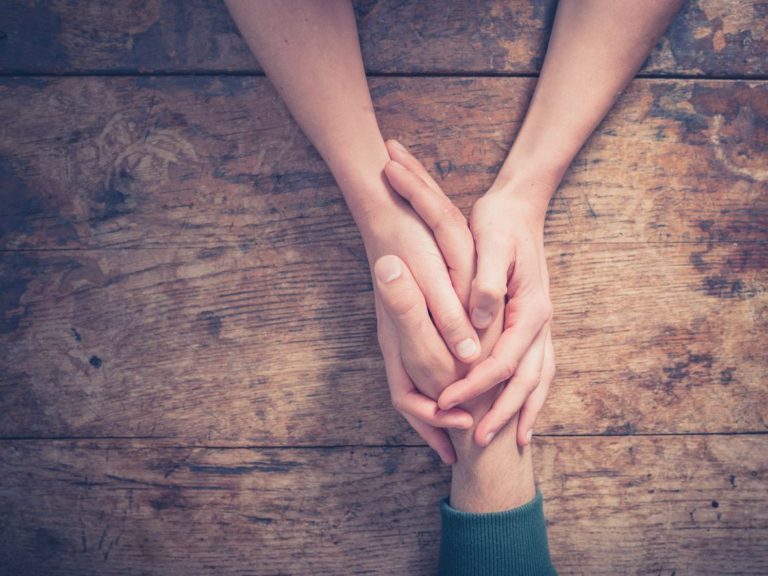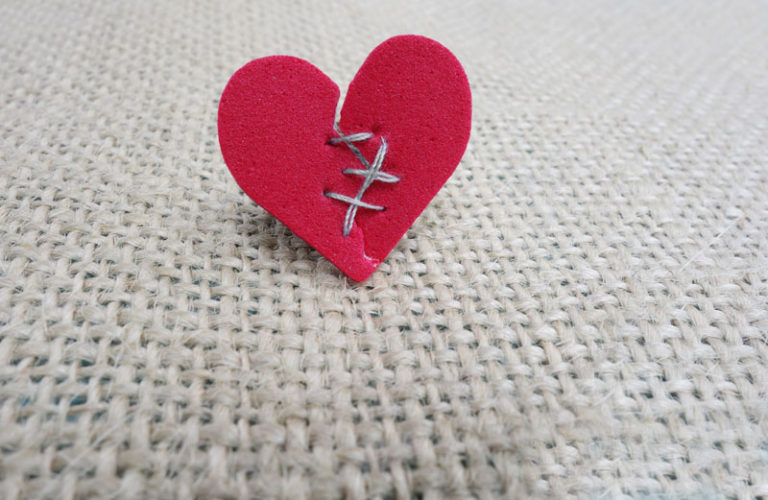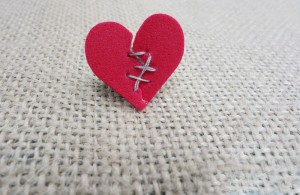‘If you want to know how your girl will treat you after marriage, just listen to her talking to her little brother.” ~Sam Levenson
 It is easy to fall in love, easy to get married. What is not so easy is living in harmony and working as a team. A lot of assumptions are made about what makes a “good wife” or “good husband,” but often these are assumed rather than negotiated.
It is easy to fall in love, easy to get married. What is not so easy is living in harmony and working as a team. A lot of assumptions are made about what makes a “good wife” or “good husband,” but often these are assumed rather than negotiated.
Courtship and honeymoons are a lot different than day-to-day life filled with responsibilities and many things to juggle. When the going gets tough, there can be a tendency to start criticizing a partner for not behaving as we think a spouse should.
Women are particularly good at this. In the 21 st century we are far too liberated to have a husband tell us how we should behave as a wife, but have no hesitation in holding our men up to a sometimes unrealistic ideal. Now men, before you go clipping out this column and waving it in her face, I said unrealistic. It is not unrealistic to do your share of the home maintenance and parenting responsibilities.
Some women assume a husband should be at her beck and call. He is like a personal assistant and should carry out all of her demands, and further, should be able to mind-read and know exactly what she is thinking and what she wants. His first obligation in life is to her, and like the hired help needs to ask if it would be okay if he took a day or evening off.
She thinks this is all okay, because, after all, if you love me and married me, that’s what it’s all about, isn’t it? Well, not really. A marriage should be a partnership where the needs of both parties are honored. Neither one should be superior or controlling towards the other. Individuals should be able to ask for what they need rather than demanding or criticizing. Couples should be like best friends who work things out so it’s all good.
There is a difference between being boyfriend/girlfriend and being husband/wife. Before getting married, talk about what you both think a husband/wife should be. Talk about finances, children, household chores and spending time with friends. If you are on the same page, go for it. If you see red flags, don’t think it will be easier to gain agreement once you are married, and act accordingly.
Copyright © Gwen Randall-Young, All Rights Reserved. Contact us if you would like permission to reprint.
CDs You May be Interested In:
Creating the Ultimate Relationship
Communication in Relationships
Trust and Fidelity
Attracting an Ideal Mate
Relationship Healing




 A warm, loving, nurturing relationship is a healthy thing. In such a relationship there is laughter, connection, intimacy, communication and fun. These qualities can reduce stress, reduce anxiety and depression, improve quality of life and cause the body to produce endorphins: hormones that make us feel good and even reduce pain.
A warm, loving, nurturing relationship is a healthy thing. In such a relationship there is laughter, connection, intimacy, communication and fun. These qualities can reduce stress, reduce anxiety and depression, improve quality of life and cause the body to produce endorphins: hormones that make us feel good and even reduce pain.
 Codependency in relationships is a dysfunctional pattern of living and problem solving. Basically it is about unhealthy emotional dependencies.
Codependency in relationships is a dysfunctional pattern of living and problem solving. Basically it is about unhealthy emotional dependencies.
 More than ever before, people speak in terms of ‘working on’ relationships. This means if they are not happy in the relationship, be it a marriage, friendship or family connection, they care enough to try to make it better. This is a good thing, most of the time. No one can argue with putting some energy into making it work. If both people are emotionally healthy, respectful of the individuality of the other, and able to maintain healthy boundaries, they should see good results.
More than ever before, people speak in terms of ‘working on’ relationships. This means if they are not happy in the relationship, be it a marriage, friendship or family connection, they care enough to try to make it better. This is a good thing, most of the time. No one can argue with putting some energy into making it work. If both people are emotionally healthy, respectful of the individuality of the other, and able to maintain healthy boundaries, they should see good results.
 Last week, we began a discussion of the challenges of difficult relationships: relationships in which it seems hard to express who we are and what we need, without the other becoming offended. Some individuals are what we call ‘co-dependent’, meaning that they hold others responsible for their happiness. If you are not behaving in the ways they want you to, they become upset. You end up spending a lot of time trying to justify your feelings and your actions.
Last week, we began a discussion of the challenges of difficult relationships: relationships in which it seems hard to express who we are and what we need, without the other becoming offended. Some individuals are what we call ‘co-dependent’, meaning that they hold others responsible for their happiness. If you are not behaving in the ways they want you to, they become upset. You end up spending a lot of time trying to justify your feelings and your actions.
 Many people are victims of emotional blackmail and do not even realize it. Emotional blackmail is when others try to hold us responsible for how they will feel if we do not do what they want:
Many people are victims of emotional blackmail and do not even realize it. Emotional blackmail is when others try to hold us responsible for how they will feel if we do not do what they want:
 In some relationships seems hard to express who we are and what we need, without the other becoming offended. Some individuals are what we call ‘co-dependent’, meaning that they hold others responsible for their happiness. If you are not behaving in the ways they want you to, they become upset.
In some relationships seems hard to express who we are and what we need, without the other becoming offended. Some individuals are what we call ‘co-dependent’, meaning that they hold others responsible for their happiness. If you are not behaving in the ways they want you to, they become upset.
 Financial issues can be one of the major stressors in marital relationships. Often this happens because the couple has not had an in-depth discussion and come to an agreement about how the family finances will be managed.
Financial issues can be one of the major stressors in marital relationships. Often this happens because the couple has not had an in-depth discussion and come to an agreement about how the family finances will be managed.
 Do you expect your partner to make you happy? If you do, you could be setting your relationship up for failure. Somehow we are able to let go of the Tooth Fairy and Santa, but we still want to hold on to the knight in shining armor or the beautiful maiden who will make our dreams come true.
Do you expect your partner to make you happy? If you do, you could be setting your relationship up for failure. Somehow we are able to let go of the Tooth Fairy and Santa, but we still want to hold on to the knight in shining armor or the beautiful maiden who will make our dreams come true.
 Naturally, in my work I hear many stories of abusive relationships. I am familiar with many of the dynamics that operate in such situations.
Naturally, in my work I hear many stories of abusive relationships. I am familiar with many of the dynamics that operate in such situations.